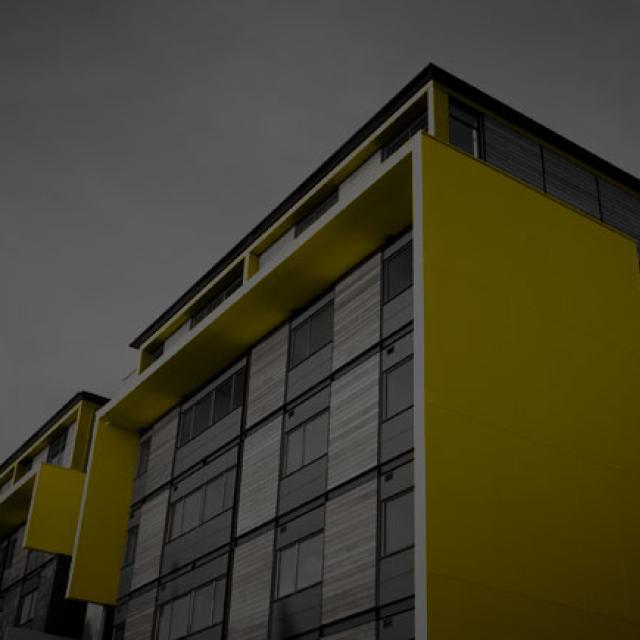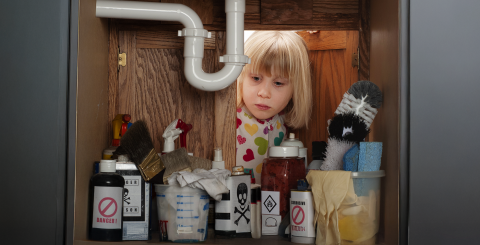Home Insurance: A Hot Topic for Condo Buildings

If you’re a condo owner, it might seem like all you hear on the news these days is how it’s become nearly impossible to insure condo buildings, and that insurance companies either don’t want to insure them or if they do, they jack up their rates. Let’s dispel some of these myths.
Insurance 101 for divided co-ownership condo buildings
What you need to understand, if you have a condo under divided co-ownership, is that there are two types of insurance policies:
- One policy to cover each co-owner’s private space (your apartment);
- One policy owned by the condominium syndicate (for the common areas and the building in general)
Insurance for resident co-owners covers:
- Personal property;
- Third party liability;
- Improvements made, acquired or rented by the co-owner after construction.
The condominium syndicate’s insurance must cover and include
- All common areas (lobbies, corridors, stairwells, roof, etc.)
- The “building” portion of private areas (each co-owner’s unit), such as walls, floors and windows
- Property belonging to the syndicate, such as patio furniture on the roof deck
- The syndicate’s third-party liability (mandatory)
- - Administrators’ third-party liability
The condominium syndicate for your building is required by law (Civil Code of Québec) to have insurance against the usual perils (fire, theft, etc.) and must take out sufficient coverage to ensure the replacement value of the building.
In the event of a claim,, both policies may each pay a portion of the indemnity.
The risk of failing to insure a divided co-ownership condo building?
If your building isn’t insured, it may well lose value—meaning your apartment would lose value too! Nobody likes the sound of that, do they? If the building isn’t insured, you also run the risk of losing your hard-earned property and exposing yourself to higher third-party liability claims.
Causes of rising insurance premiums and deductibles for condo buildings
- Frequent and costly claims
- Incompetent administration in terms of building management and maintenance
- Poor building maintenance
Did you know?
- Around 95% of all claims in condo buildings are caused by water damage (source: Insurance Bureau of Canada).
- The increase in these types of claims has led to an unprecedented increase in insurance premiums and deductibles in the last five years (source: survey carried out by the Regroupement des gestionnaires et copropriétaires du Québec among 700 condominium syndicates)
- - To prevent major water damage, condo building administrators are advised to replace the roof of their buildings before they reach the end of their lifespan and replace all hot-water heaters every 10 years.
Solutions
The Insurance Bureau of Canada recommends that condominium syndicates set up a contingency fund and keep a preventive maintenance log.
Does this make things a little clearer? Do you think your family and friends might enjoy reading this article? Share it on social media.




